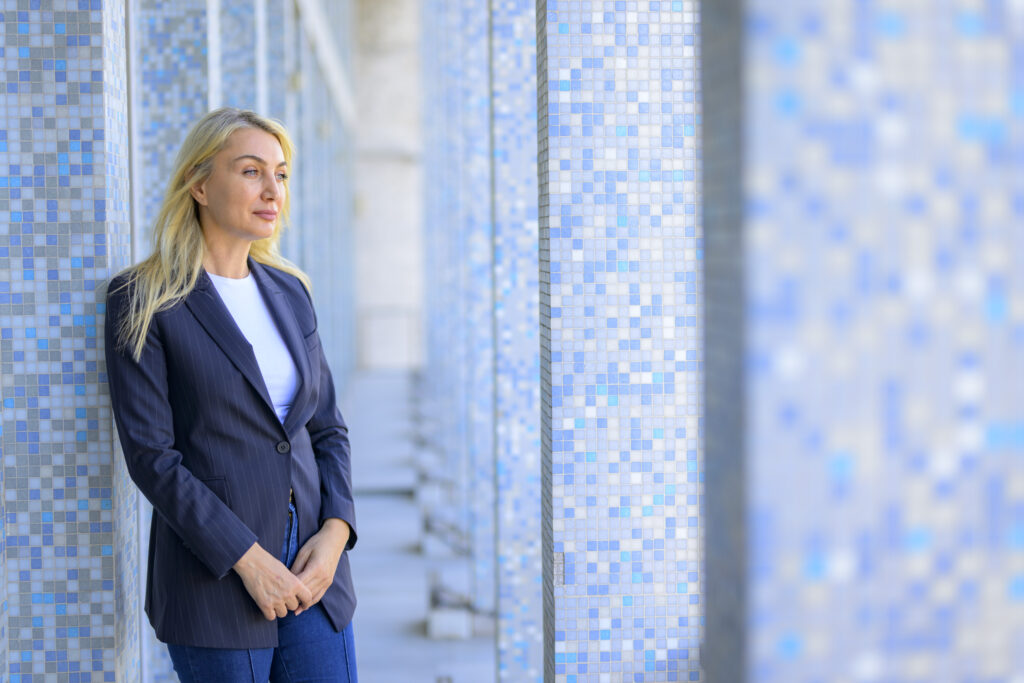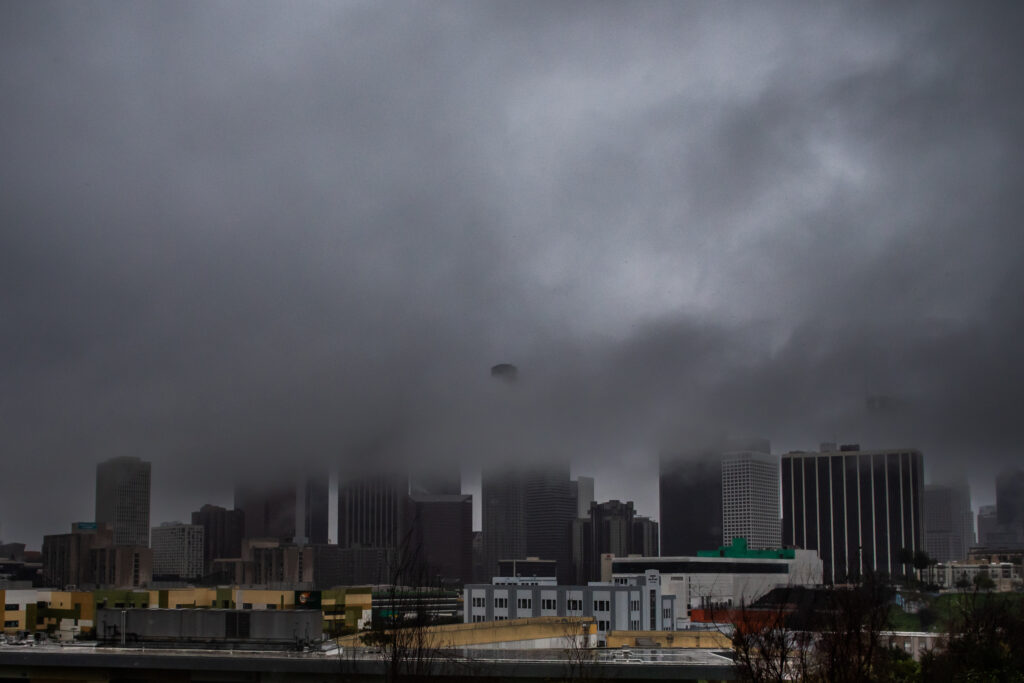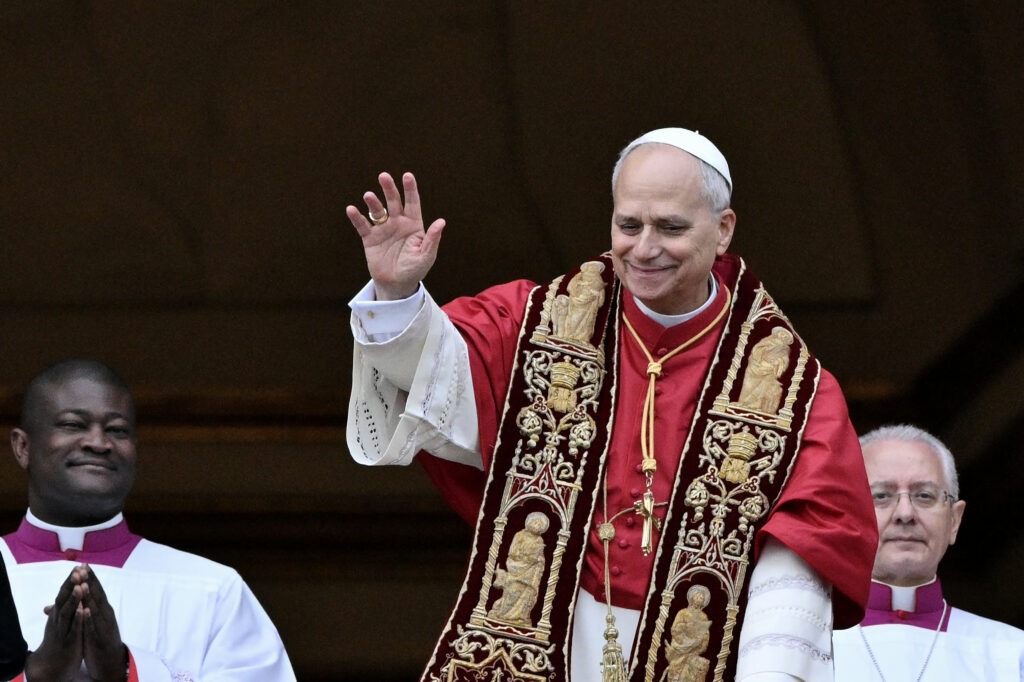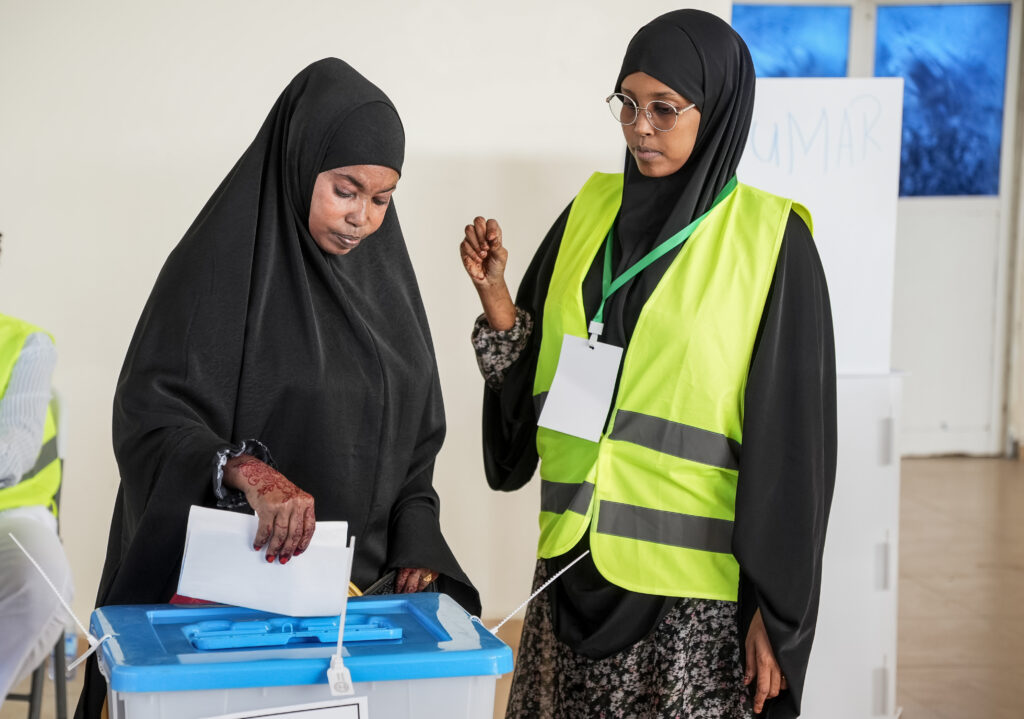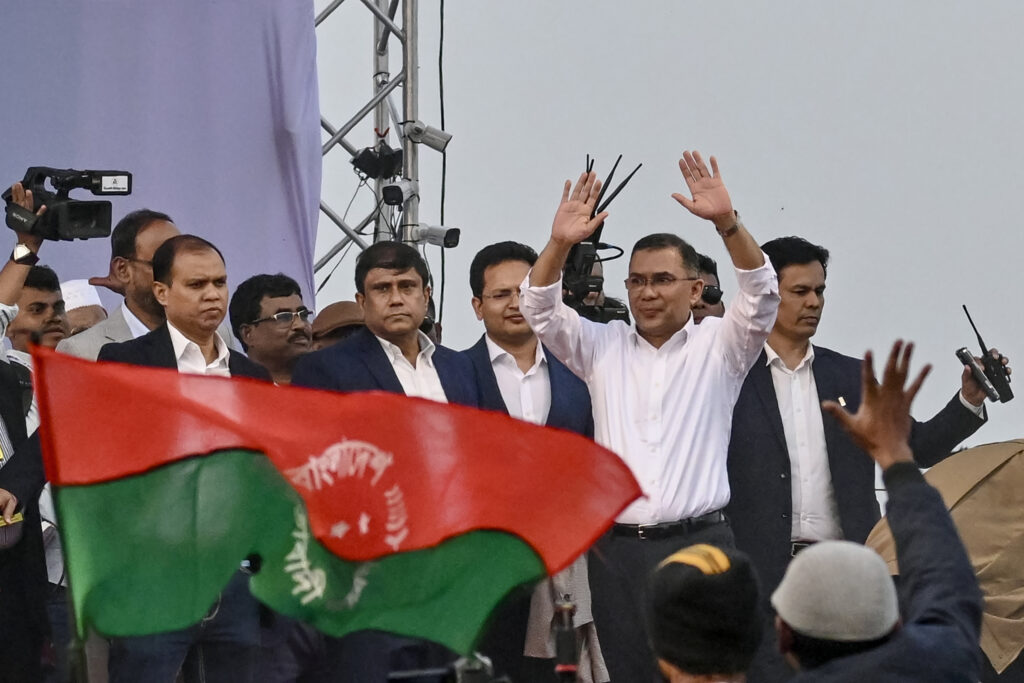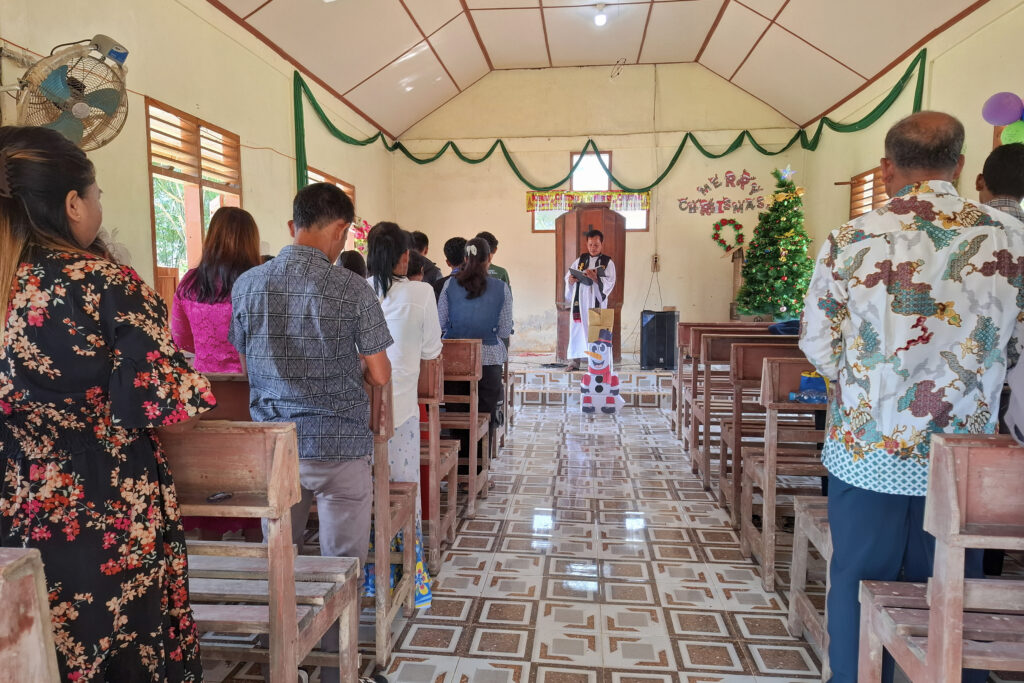Le pape Léon XIV a appelé jeudi l’Ukraine et la Russie à trouver “le courage de dialoguer directement et fustigé les “blessures ouvertes” laissées par les guerres, à l’occasion de son premier message de Noël.Le pape américain a également dit penser aux “tentes de Gaza, exposées depuis des semaines à la pluie, au vent et au froid”, alors que des centaines de milliers de Gazaouis font face aux pluies hivernales dans des conditions extrêmes.Assombrie par les conflits et polarisations politiques, l’année 2025 s’achève avec des sources d’espérance pour la communauté chrétienne qui a célébré son premier Noël festif à Bethléem, en Cisjordanie occupée, depuis le début de la guerre à Gaza.Mais l’appel du souverain pontife à une trêve d’un jour dans le monde n’a pas été entendu en Ukraine, où la guerre fait rage depuis près de quatre ans.Lors de sa traditionnelle bénédiction “Urbi et Orbi” (à la ville et au monde), Léon XIV a exhorté les parties impliquées à “trouver le courage de dialoguer de manière sincère, directe et respectueuse” alors que Moscou et Kiev négocient séparément depuis plusieurs semaines le plan américain.Depuis l’invasion de l’Ukraine par les troupes russes en février 2022, la guerre a fait des dizaines de milliers de morts, des millions de déplacés et dévasté l’est du pays.Pour son premier Noël depuis son élection en mai, le chef de l’Eglise catholique s’est livré à un tour d’horizon des conflits internationaux devant 26.000 fidèles massés sur la place Saint-Pierre par un temps pluvieux, évoquant 15 pays dont Haïti, le Mali, la Syrie ou la Birmanie.Quelques minutes plus tôt, il avait fustigé lors de la messe les guerres qui “laissent derrière elles des ruines et des blessures ouvertes” et l'”absurdité” des discours belliqueux qui envoient les jeunes mourir sur le front.- “Nouvelle ère” -Malgré la grave crise humanitaire, la trêve entrée en vigueur en octobre à Gaza, bien que fragile, a permis le retour des célébrations festives à Bethléem, berceau du christianisme en Cisjordanie occupée.Des centaines de fidèles se sont massés à l’approche de minuit dans la basilique de la Nativité, comble au point qu’ils étaient nombreux à être assis à même le sol.Les célébrations de Noël de ces deux dernières années y avaient été ternies par la guerre dévastatrice à Gaza déclenchée par l’attaque sans précédent du mouvement islamiste palestinien Hamas le 7 octobre 2023.Par solidarité avec les Palestiniens du territoire, les festivités avaient été annulées mais cette année, avec la trêve, l’immense sapin de Noël s’est de nouveau illuminé devant la basilique de la Nativité.Comme ailleurs dans la région et au Moyen-Orient, les chrétiens représentent une minorité en Terre sainte, avec une communauté de 185.000 personnes en Israël et 47.000 dans les Territoires palestiniens.Mercredi soir, des dizaines d’hommes, de femmes et d’enfants ont assisté à la messe dans la seule église catholique romaine du territoire palestinien, à Gaza City.Parmi eux, Elias Al-Jalda, un chrétien palestinien, a confié à l’AFP son espoir de voir “le retour de la vie à Gaza” et le “début d’une nouvelle ère” dans l’année à venir.Lors de la messe, le patriarche latin de Jérusalem, le cardinal Pierbattista Pizzaballa, a délivré une homélie pour la paix, l’espoir et le renouveau, face aux décisions politiques et équilibres de pouvoirs qui “semblent souvent déterminer le destin des peuples”.- Politique et intempéries -Tranchant avec les discours des dirigeants religieux, Donald Trump a souhaité un joyeux Noël “à tous, y compris aux pourritures de gauche radicale”, en référence à ses opposants démocrates.Mais au-delà du climat politique électrique aux Etats-Unis depuis son retour à la Maison Blanche en janvier, ce sont des intempéries majeures qui viennent perturber les fêtes de fin d’année en Californie.Craignant de dangereuses inondations, les autorités ont décrété l’état d’urgence à Los Angeles et ordonné l’évacuation de centaines de foyers.En Australie, la fin d’année est assombrie par l’attentat antisémite de Bondi qui a fait 15 morts le 14 décembre.Dans le sud-ouest de la France, des agriculteurs mobilisés contre la grave crise frappant leur secteur ont préféré passer le réveillon en bloquant une autoroute, où des habitants leur ont apporté huîtres et bûches, plutôt qu’en famille.Ils se disent prêts à faire de même pour le Nouvel an, comme l’a assuré l’un d’eux, Frédéric Meynard: “On ne l’espère pas, mais s’il faut en arriver là on le fera”.
